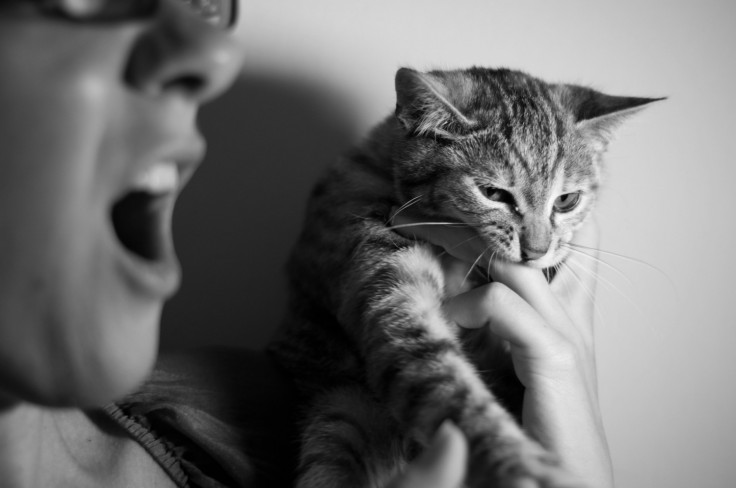
Maintaining your cat's health and happiness over the long haul depends on your ability to recognize the early warning signs of distress. Cats, unfortunately, are masters at hiding their discomfort. One way they've adapted to stay alive is by covering up their weaknesses. Still, you may learn your cat's subtle signs of pain and alleviate its suffering.
We've listed some of the most typical signs of pain in cats below; see if your kitty pal is experiencing the same for you to prevent any underlying causes if possible.
Behavioral Changes
As subtle as it may seem, a change in your cat's behavior could be a sign that it is in discomfort or sick. It could be an indication of discomfort if your normally active and fun cat suddenly starts to act lethargic and avoids people. Any changes in eating habits, grooming routines, or elimination behaviors should also be noted. It is best to take your cat to the vet for a full checkup and diagnosis if you see any unusual changes in its behavior.
Exposing them to synthetic pheromones could be an option if this occurs frequently. Cats can return to their usual behaviors with the use of these chemical substances.
The TriOak Cat Pheromone Diffuser is a quick and effective pheromone diffuser that helps decrease stress-related behaviors in cats, including scratching and urine spraying. Users report seeing improvements within two weeks for 90% of cats.
Shifts in Grooming Behavior
A symptom of pain or discomfort could be if your meticulous feline suddenly stops grooming or if you find that they are not grooming as much of their body as usual. If you notice a change in your cat's grooming habits, you should take note because it could be a sign of a health problem. Grooming your cat on a regular basis is important for their health and pleasure, so any change to their usual schedule should be carefully considered.
Lowered Energy Levels and Movement
As a cat gets into its senior years, it is normal for its energy level to decline. It may be more than just old age if these changes occur suddenly or have a significant effect on your cat's life. Arthritis, kidney disease, or thyroid issues can cause extreme weariness, loss of appetite, and trouble moving about.
When your cat often shows signs like these, you know the drill! Better schedule a checkup to know what to do.
Alterations in Sleeping Patterns
If your cat is in pain, it might alter its sleeping habits. They may have trouble finding a posture that is comfortable for them to sleep in, or you might discover that they sleep in unusual areas. Your cat's regular sleep schedule can be thrown off if they're in discomfort, which means they might sleep more or less than usual.
For example, you might find that they wake up multiple times a night or that they toss and turn as they sleep. A cat's altered sleeping habits might raise red flags if it is in pain.
Defecating or urinating outside the litter box
No matter what happens, cats will always use their litter boxes. A cat may begin defecating outside of its designated litter box for a variety of reasons, but pain and discomfort rank high among them. Using the litter box can be a positive experience for cats, but if they're in pain or uncomfortable, they might start to avoid it. Another way to discourage inappropriate litter box use and keep things under control is to provide a clean and pleasant space for cats to use the box.
You can keep your cat healthy and happy by paying attention to these signals and acting quickly.